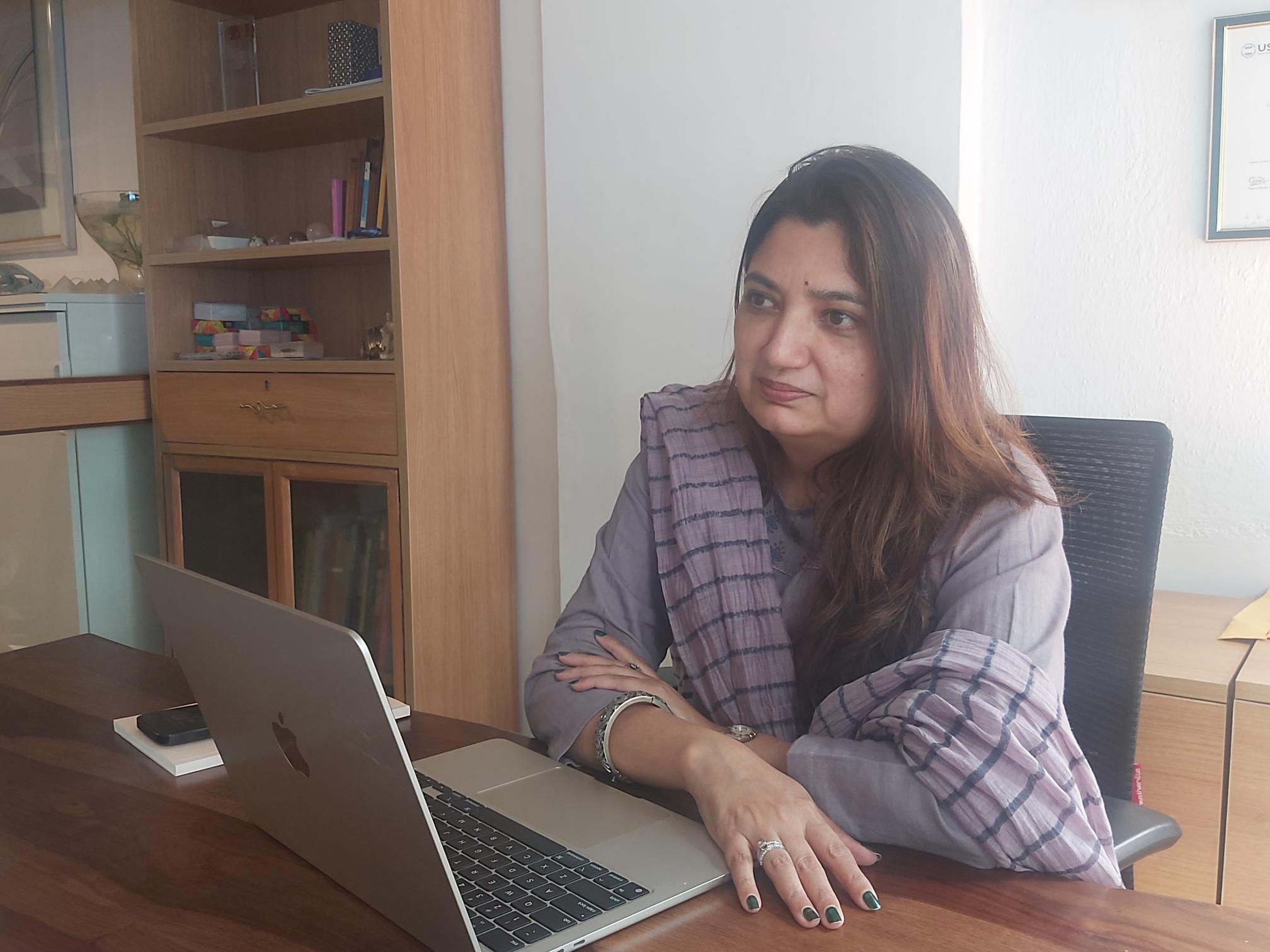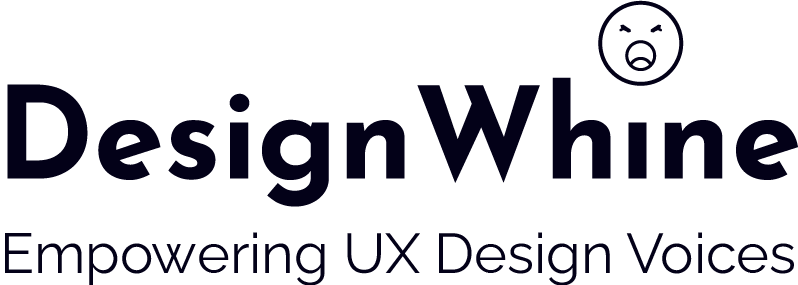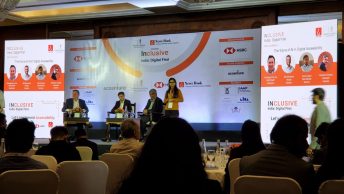BarrierBreak, an industry leader in offshore digital accessibility and inclusive design consulting, embarked on its transformative journey in 2004 from its base in India. This visionary enterprise was established with a profound belief in the potential of technology to empower individuals with disabilities and the elderly, enabling them to embrace greater autonomy in their daily lives. The bedrock of BarrierBreak’s mission lies in three foundational principles: integrating technology seamlessly, fostering a workplace environment that actively includes individuals with disabilities, and sustaining a for-profit model that propels its impactful initiatives.
At its core, BarrierBreak envisions a society characterized by inclusivity, where equal opportunities flourish across employment, education, and social spheres, ultimately advocating for and facilitating independent living for all. Guided by an unwavering commitment to values such as inclusivity, innovation, integrity, ownership, and the holistic nurturing of its employees and stakeholders, BarrierBreak positions itself as a stalwart advocate for accessibility.
The organization has set its sights on a future without bounds, boasting a team of seasoned experts dedicated to the nuanced integration of accessibility throughout various processes. Beyond mere consultation, BarrierBreak places significant emphasis on crafting accessible products, empowering businesses to maintain a competitive edge in an evolving market landscape. Moreover, recognizing the financial considerations at play, the organization offers pragmatic and reasonable pricing solutions, ensuring that accessibility is not just a noble pursuit but a practical and sustainable choice. In essence, BarrierBreak’s mission extends beyond the mere breaking of barriers; it is a forward-thinking force, paving the way for a future where accessibility is not merely an option but an intrinsic necessity in the digital landscape.
The Visionary Founder: Shilpi Kapoor’s Journey
Shilpi Kapoor, a serial entrepreneur with an unwavering passion for both technology and disability advocacy, spearheads many such inspiring ventures.
Her remarkable journey includes being recognized as one of the Top 15 Women Transforming India in 2019 and earning a spot among the Top 20 Most Powerful Women in Business in India in 2017 by Business Today magazine.
At the heart of her impact is 247 Accessible Documents, an initiative that speaks volumes about her commitment to universal access. Here, documents are transformed into formats that are easy for people with different disabilities to understand and navigate. Shilpi Kapoor believes that information should know no barriers, and this belief fuels her dedication to breaking down accessibility challenges.
Her passion for societal change is evident in her creation, Newz Hook, India’s very first inclusive news website and app. She is paving the way for a world where information is not a privilege but a fundamental right for everyone. She isn’t just the founder of BarrierBreak and 247 Accessible Documents; she’s a driving force behind the global impact she envisions for disabled individuals.

Shilpi Kapoor’s commitment extends beyond awards and recognition. As an Ashoka Fellow and the recipient of the “NCPEDP – Shell Helen Keller Award 2008,” she is not just a successful entrepreneur but a non-disabled role model supporting increased employment opportunities for people with disabilities. Her journey exemplifies how passion, technology, and a relentless commitment to accessibility can create a positive and lasting impact on society.
Advocacy for Inclusive Design: Interview with Shilpi
In a brief yet exclusive interview with Shilpi, DesignWhine explores the significant domain of Inclusive Design and Digital Accessibility Services offered by BarrierBreak.
Could you please introduce yourself, your role, and what inspired you to begin evangelizing for Inclusive Design?
As a young Sociology graduate from St. Xavier’s College who was a technology enthusiast, I landed up in an Internet chat room with the aim of learning white hacking. One of the people I met and learned from offered me a job to look after the security of their servers in the India Time zone. What I didn’t know then was that he was paralyzed and used an assistive technology called a sip-n-puff device.
One evening on a shift when I identified a hack and he didn’t, he told me that the only reason I was faster than him that day was because the computer had a technical problem. And that’s when he self-identified his disability and shared his story with me. I think that was the turning point, since till then my worldview was one where I had unconscious biases about people with disabilities. My perspective shifted, and I realized the power of technology in building inclusion.
I went on to start the first computer training center in India for the visually impaired and then later founded BarrierBreak, a digital accessibility consulting firm.
It was clear to me that one had to move away from the charitable approach; it must be about building a sustainable business model. Changing physical infrastructure was difficult in a country like India, but I believed that technology would be the future of inclusion.
The biggest challenge was people with disabilities were never included in society. My own visually impaired students who had learned computers weren’t getting jobs. But it must be about equal rights, equal access, and equal participation in society. I knew I wanted to prove the point by hiring people with disabilities.
My boss was an example wherein if you give people the tools and empower them with opportunities, we could truly create change.
Today, I would probably say that I am a serial entrepreneur with a passion for technology and disability, having founded 3 companies, BarrierBreak, 247 Accessible Documents, and Newz Hook, my latest struggling startup!
100 million disabled in India alone, more than 1 billion in the world! How can they be ignored! BarrierBreak has a team of 270+ accessibility experts, and we employ people with disabilities wherein we focus on the people-first approach. We work with customers globally to ensure that their digital products and services are accessible.
Our customer base comprises small and medium-sized organizations to Fortune 500s who are trendsetters in their industry. They are often challenging their competitors by implementing accessibility as an edge.
We provide accessibility testing and consulting services to customers so as to enable them to adopt, implement, and manage accessibility.
As an accessibility evangelist, my focus has been to bring about policies and legal change. I worked with the late Javed Abidi to create awareness of accessibility as well as an advocate for different accessibility policies and laws for India. It also includes building awareness, which we are doing by organizing Inclusive, India – Digital First, a one-day conference in December 2023 in New Delhi. Our aim is to shift to a mindset of Inclusion + Accessibility.
So if you are in the Tech Industry, come join us and Think Inclusive Design!
In your opinion, has there been a notable shift in the tech industry’s approach to disability inclusion and accessibility in the recent years?
Yes, the shift is surely there in the tech industry. The industry is recognizing that accessibility is not just a legal requirement but also has a business advantage by tapping into a market of 1 billion people.
I think the tech industry is also looking at being a catalyst for social change, and diversity and inclusion are surely on the key charters which go beyond just hiring people with disabilities but also ensuring their products and services are inclusive and accessible to people with disabilities.
The compliance requirement and the legal risk today are also due to the accessibility laws and regulations, like Section 508 or the Americans with Disabilities Act in the USA, Europe pushing toward the European Accessibility Act, and India having the Right for Persons with Disabilities Act. We have seen companies like Microsoft, Google, and Apple incorporating accessibility features into every digital product and service. We also see companies who are market leaders in their own segments like Netflix, Salesforce, Zoom also focus on accessibility. I think what we need is for the Indian technology ecosystem to realize the business case for Inclusive Design. India is a digital-first economy today. We are now not only delivering IT services globally but are also building SAAS products. What we need to do is understand that we must implement Inclusive Design if we want to be a global player. We truly have the opportunity to build inclusion.
What advice would you give to product designers, who often struggle to understand the needs of users with disabilities, on enhancing the accessibility of digital products?
Educate yourself about different types of disabilities, their challenges, accessibility standards, and guidelines. Engage with people with disabilities to gain insights on how they use assistive technology. Think about accessibility right from the beginning and not as an afterthought. Advocate for Inclusive Design within your organization. If you don’t have the knowledge, bring in companies like BarrierBreak to help you. Provide training for your development and product teams to learn accessibility. Adopt and Implement Accessibility Standards like Web Content Accessibility Guidelines. They don’t only improve your products but help you technically build a better product. Above all, remember Inclusive Design is a journey. Start now!
To conclude, the short interview with Shilpi Kapoor provides a captivating glimpse into BarrierBreak’s commitment to inclusive design and digital accessibility services. Their journey unfolds as a testament to the transformative power of technology when harnessed with passion and dedication. Through initiatives like 247 Accessible Documents and Newz Hook, Shilpi Kapoor and BarrierBreak are not merely breaking barriers; they are actively shaping a future where accessibility is a fundamental right for all, leaving an indelible mark on the landscape of inclusive design and user experience.








